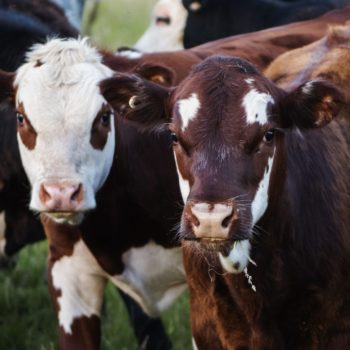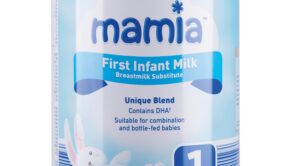Ireland’s beef processors commit to ’11 actions to reduce carbon emissions”
16 February 2023
Meat Industry Ireland (MII), the Ibec sector organisation representing the country’s main primary beef processing companies, has published its Irish Beef Sector Sustainability Report and roadmap to 2030.
According to MII, the beef sector “continues to act as the mainstay of many rural communities across the country” with over 90,000 farm families involved in the sector, producing record exports worth over €2.5 billion to the economy in 2022.
Launched by Minister for Agriculture, Charlie McConalogue, the report highlights the sustainability progress that has been made to date, given the emphasis that is demanded by the marketplace.
There is a strong focus on how the beef sector will contribute towards the 25% emissions reduction target for agriculture, as set out in the National Climate Action Plan.
At processing level, the focus for the coming decade is centred around decarbonisation. By 2030, processors will aim to reduce Scope 1 & 2 emissions intensity by more than 50% and reduce Scope 3 emissions intensity by 30%. This will reduce absolute emissions at farm level and these reductions will be fully reflected in the agricultural greenhouse gas inventory.
MII members are committed to delivering individual sustainability programmes to incentivise their suppliers guided by the Beef Sustainability Charter, which will be published separately. Actions will focus on:
- National Roadmap on Age of Finishing: Reducing age at finish with a focus on weight for age to ensure emissions are minimised and a financially sustainable dairy-beef and suckler system is delivered. The new Climate Action Plan target of 22-23 months will add to a cumulative reduction in emissions by 2030.
- Genetic research: Genetics have the potential to mitigate up to 400,000 tonnes of GHG emissions annually by 2030. MII members have a clear objective of driving genetic improvement in the beef herd which has already delivered strong results, with 76% of replacement heifers now four/five Star compared to 52% in 2015.
- Commercial Beef Value Index: Implementation of dairy breeding strategies that utilise the Commercial Beef Value Index, methane traits and carbon sub-index to ensure calves most suitable for beef production are produced.
- National Genotyping programme: Genotyping all animals at birth is critical in providing the surety needed in terms of genetic merit for climate and the environment and ensuring these factors are front and centre of breeding strategies.




 Print
Print






Fans 0
Followers